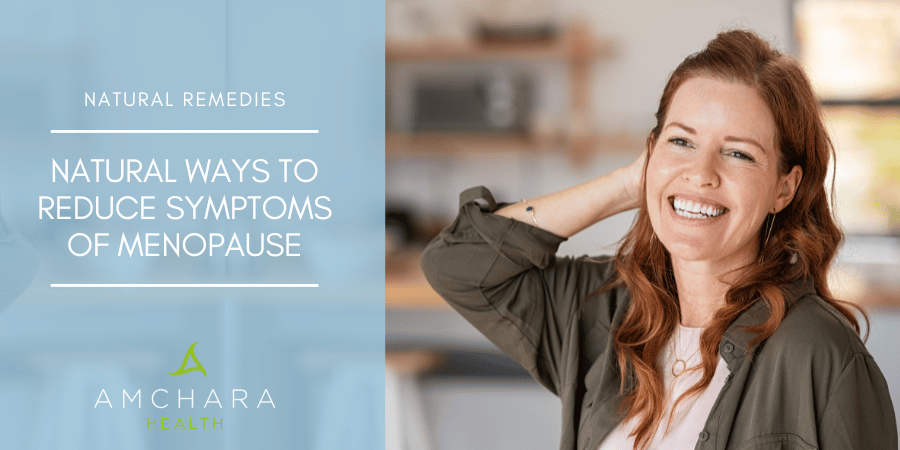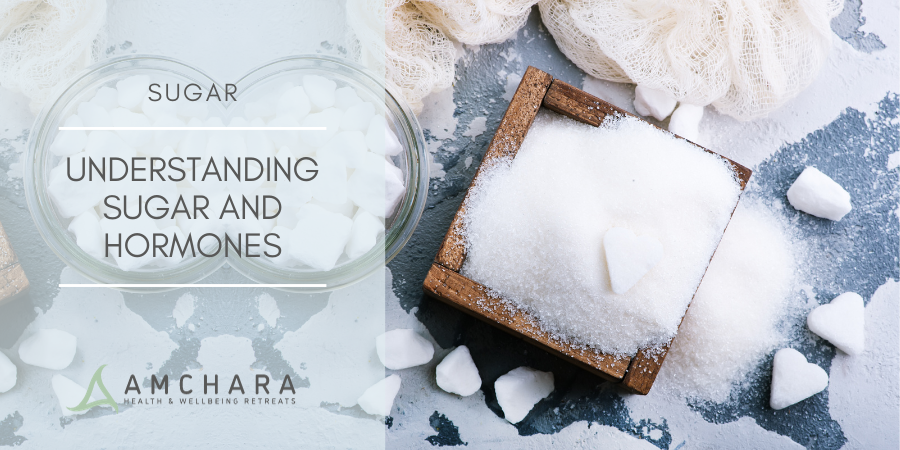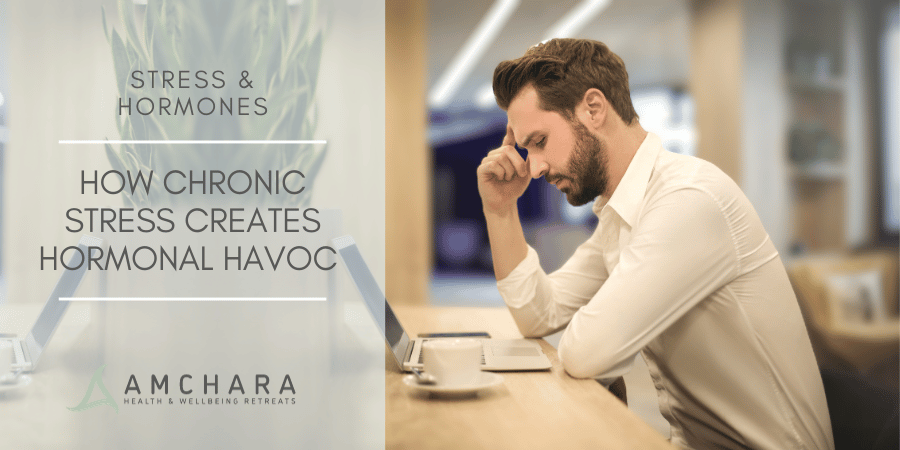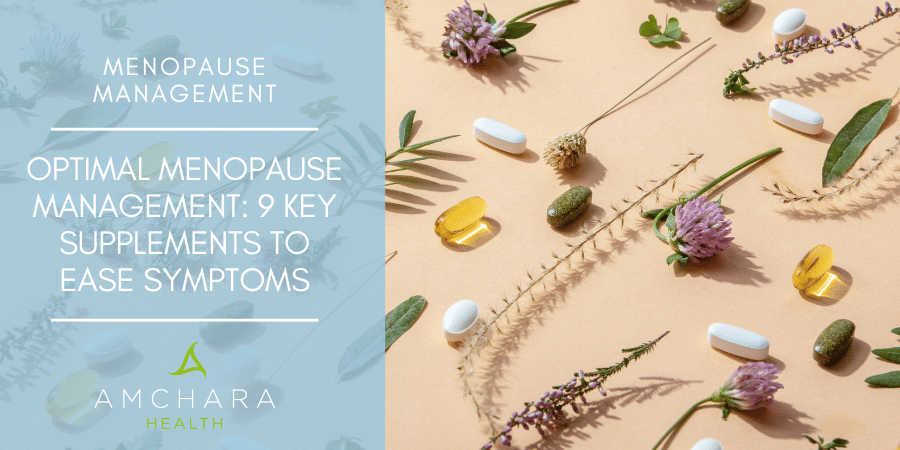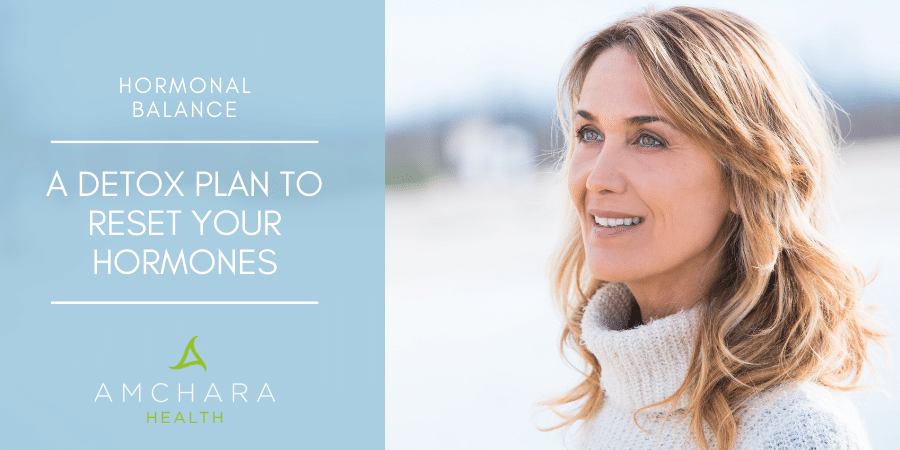Topics Covered in this article:
Women will typically experience menopause between the age of 45 and 55 – the natural halt to your menstrual cycle and the beginning of a new chapter of your life. In essence, it’s your body processing a drop in the production of oestrogen, the hormone that makes it possible to reproduce and have periods.
Symptoms however can begin as early as 10 years before you actually begin the menopause (this is known as the perimenopause), and can last for some time after this. Once you are postmenopausal, your symptoms should begin to get milder.
Perimenopause is your sign that your body is getting ready to go into the menopause stage. The symptoms are caused by the changing levels of your hormones. Your oestrogen can surge which can create feelings of pre-menstrual stress. When your oestrogen dips again however, you can begin to have night sweats and hot flushes, which can be confusing and distressing. No two people are the same and these symptoms can vary enormously in severity.
We always take an evidence-based approach and aim to provide you with actionable knowledge and tips to help you on your journey to optimal health.
In this article we’ll take a closer look at what actionable, and natural, steps you can take to alleviate menopausal symptoms, and boost your health, happiness and wellbeing.
Some of the symptoms to look out for when recognising the start of perimenopause are:
- Lack of libido
- Hot flushes
- Night sweats
- Having to make frequent trips to the bathroom
- Trouble concentrating
People have reported perimenopause beginning as early as 10 years prior to periods stopping completely and your body fully beginning the menopause, but for some this can be a matter of just a few months before. Due to symptoms being so irregular for everyone, it is always recommended to seek medical advice from a practitioner if your menstrual cycle begins to act out of the ordinary.
Once you have not had any periods for 12 months regularly, you can be confident that you are menopausal. There are a whole host of different symptoms that women experience, some drastic and severe, and some you may not experience at all.
Typical symptoms include:
- Anxiety and low mood
- Headaches or migraines
- Increase in facial hair
- Loss of self, feeling displaced
- Vaginal dryness
- Difficulty sleeping
- Joint pain
As you begin this transition and your ovaries are beginning to stop production, it’s a great time to start making healthy lifestyle changes to help manage the symptoms. Your local GP or health practitioner will be able to prescribe you medical symptom assistance like hormone replacement therapy but there are also a number of natural approaches you can adopt to help you navigate this time of change in your life.
Enjoy gentle exercise
Exercise can be a great health benefit for people experiencing menopause. Something particularly important to remember is there is a natural rise in cortisol once you begin this transition, which can create inflammation in your joints. This can mean that exercising can actually become more painful as you experience this issue. A relaxing, long soak in a bath with epsom salts can help ease muscle and joint pain. If problems persist, speak to a physician.
It is also well worth remembering that osteoporosis can become a condition you experience during the menopause, so ensure that you don’t over exercise and cause yourself injury.
Gentle cardiovascular activity can be a great way to ease yourself into exercise without much risk to high impact stress on your body. Walking, stretching and yoga are beneficial. These activities can help with joint pain and muscle ache, increasing blood flow and making you feel better in general.
Phytoestrogen rich diets
The catalyst to the menopause is the absence of oestrogen in your body, which is what stops your ovaries from ovulating and ends your periods. So with this in mind, finding natural replacements for this hormone can aid in managing the symptoms.
Phytoestrogens are naturally occurring plant-based compounds that can mimic oestrogen when digested through food. What happens is when you ingest foods that contain phytoestrogens, your body reacts to them as if they are the hormone oestrogen, but not totally. They are of course not a direct replacement for the hormone so their effects on the body are weaker.
There are a number of different foods to seek out if you want to try to manage your symptoms in this way.
Nuts and seeds – Nuts and seeds are highly beneficial to overall health, due to their high levels of nutrients, but also aim to regularly include flaxseeds, sunflower seeds, sesame seeds, almonds and walnuts.
Soy products – Sometimes soy products can be not so healthy but it is notable that the following can assist with managing menopausal symptoms. Add soybeans, tofu, tempeh, miso soup and miso paste to your eating plan to see if this helps.
Herbs and spices – Adding these elements to your dishes can not only enhance flavour but they also contain components that can help alleviate menopausal symptoms. Look out for red clover, liquorice root, black cohosh, evening primrose, Korean ginseng and St John’s wort.
Drinks – The following are encouraged when dealing with hot flushes. They are known to contain phytoestrogens but be mindful that overindulgence can result in unhealthy results so be cautious. Try some coffee, beer, red wine, olive oil and jasmine oil.
Veggies – Again, enhancing the flavour and nutrition of your meals as well as alleviating menopausal symptoms, include yams, lentils, alfalfa sprouts, mung beans and Brussels sprouts. Try new recipes to help you find ways to incorporate these vegetables into your meals.
Grains – These can be easy to digest and add to your diet, especially for breakfast and for snacking. Oats, barley and wheatgerm can be added with fruits, cereals and snacks.
We always encourage a healthy way to manage health conditions, and we follow the science to give you an evidence-based approach. Whilst studies show that there may be benefits to using phytoestrogens as an alternative to HRT, which contains a synthetic version of oestrogen, the science is not conclusive and there has been no proof to say it is any safer to withhold from prescribed medicine.
There is research to show that high levels of soy can reduce ovarian function in people who are ovulating, but whether that can be directly attributed to those who are going through menopause is under-researched and unknown.
There can be other health benefits to consuming phytoestrogen compounds via your diet, but you should seek advice if your symptoms are unaffected in doing so. Your individual overall health, age and wellbeing will all be contributing factors to how receptive your body is to anything you intake.
Takeaway
At Amchara, we always aim to guide you through evidence and scientific research. So if you are beginning your journey through this new phase in your life, if you’re already on your way or even if you’re postmenopausal, our Personalised Health practitioners can recommend healthy and natural ways to manage your symptoms.
This is an inevitable stage of a woman’s life, and we are here to support and guide you through this transition. We can offer a wide range of natural methods to help manage menopausal symptoms and provide support where it is needed.
Come to our nurturing environment at Amchara, where our experienced Personalised Health practitioners can work with you to explore positive lifestyle choices to help you achieve your health goals, with a tailored approach taking into account your individual circumstances.
We know that sharing knowledge and experiences can be an important part of achieving optimal health, we’d love to know if you have suffered from menopausal symptoms and what strategies have worked for you to help navigate this time of change.
Related articles you might be interested in:
